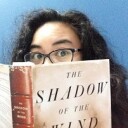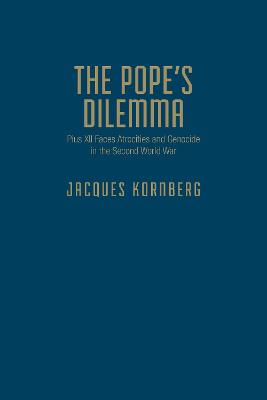
Lianne
Written on Mar 11, 2015
One reason why this book caught my attention was because there’s been ongoing discussions whether or not to canonise Pius XII. It’s an interesting topic, and Professor Kornberg does consider different elements of what was going on in and around World War Two and how it affected Pius’ papacy and policy. There’s no easy answer, the politics of the time was very complex, tied in with the way that Catholicism was used and promoted in certain countries.
The book can be a bit of dry reading throughout at times, but it is nonetheless an interesting read. My sense though from reading some of his chapters was that some clerics operated outside of what the pope could say, which was indeed noted, but as a whole the Vatican had to operate as other states operated despite of its notable differences, that of its own survival being factored into the political equation.
The first time I finished reading the last chapter, I felt the conclusion was a bit generalised and a bit of a ump after such a meticulous look at the period and the issues that Pius XII faced. Rereading it, I was able to understand why the religious/institutional aspect was kept in its own chapter at the end, and explains much of why the conclusion made was what it was, but it still felt a wee bit disjointed, probably because of the last chapter’s focus on Vatican and Catholic doctrine and the segment on Catholic/Jewish relations and attitudes was introduced much, much earlier in the book as well as the overall political complexity of the period and of Europe as a whole.
Overall, I’m glad to have read The Pope’s Dilemma. It didn’t provide me with a solid answer at the end, of course, but it helped me understand a little more what was going on during this period and a sense of what Pius XII faced with the rise of Nazism and Fascism.
